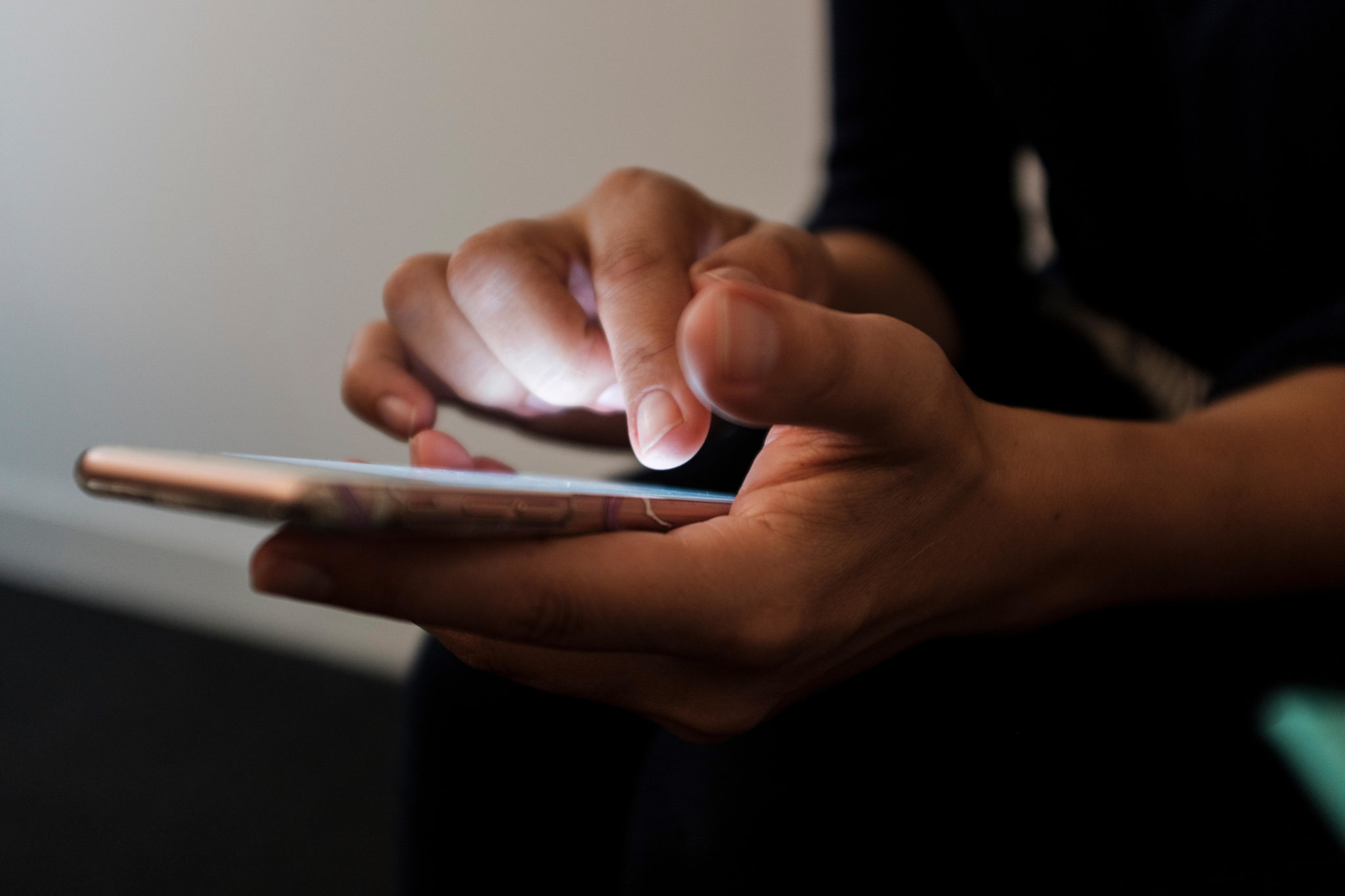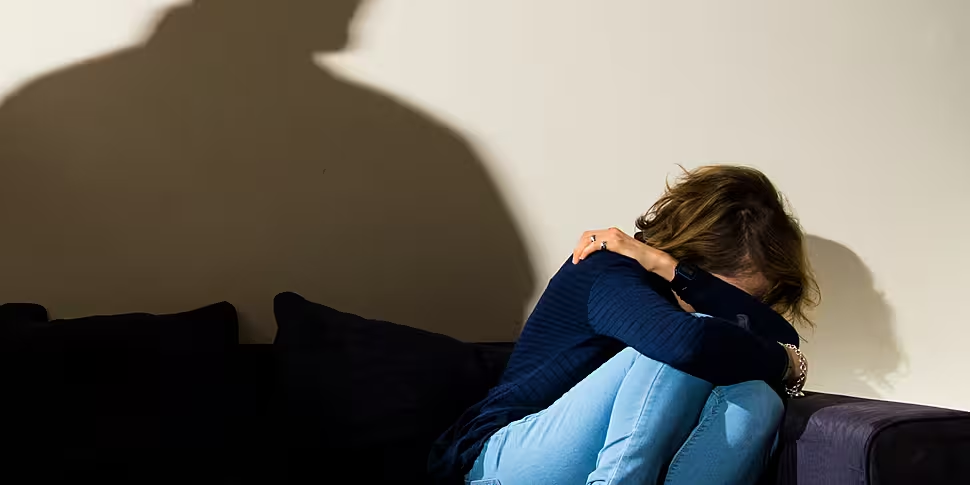Calls to the charity Women’s Aid spike after Christmas because of the abuse many women suffer over the holidays.
Money worries and the pressure to spend time with a cruel partner, all mean that for many victims of abuse, Christmas is the toughest time of the year.
Women’s Aid runs the National Domestic Violence Helpline and staff record a consistent pattern every year.
“We will be there every single moment of every day over Christmas right through the night,” CEO Sarah Benson told The Pat Kenny Show.
“We don’t expect to see a big spike over the Christmas day, Christmas Eve that period.
“What we consistently hear from women is that they are holding it together; they have family coming, they are trying to get through it, they are trying to keep the peace - even though this isn’t their fault whatsoever.
“Usually, it’s the early weeks of January when the kids go back to school, we will consistently see a spike of about 15% or 17% between December and January.
“It’s like a breath being let out. It’s like they’ve been holding their breath all through January and they need to talk.”
 A woman using a touch screen smartphone. Picture by: Ianni Dimitrov Pictures / Alamy Stock Photo
A woman using a touch screen smartphone. Picture by: Ianni Dimitrov Pictures / Alamy Stock PhotoMs Benson said that people who call the helpline represent the “tip of the iceberg” when it comes to the number of victims as most do not even know the service exists.
Most victims of domestic abuse are heterosexual women but they can also be lesbians, men and even children.
“People think about domestic violence and traditionally may have thought of physical violence but actually, domestic abuse takes many forms,” Ms Benson added.
“Usually, a pattern of behaviour which can but doesn’t always include physical abuse.
“It can be emotional, psychological, sexual and economic.
“What that means is, it’s about the control and access to money and means and using that as an abusive tool.
“So, for example, holding control over all the finances but also extended to things like what kind of food is bought in the house; how far a woman can drive, how much diesel can be in the car; when and where the light and the heat can be on.”
The National Domestic Violence Helpline can be contacted on 1800 341 900.
Main image: A shadow of a man as a woman cowers in the corner. This image has been posed. Picture by: Dominic Lipinski/PA Archive/PA Images









